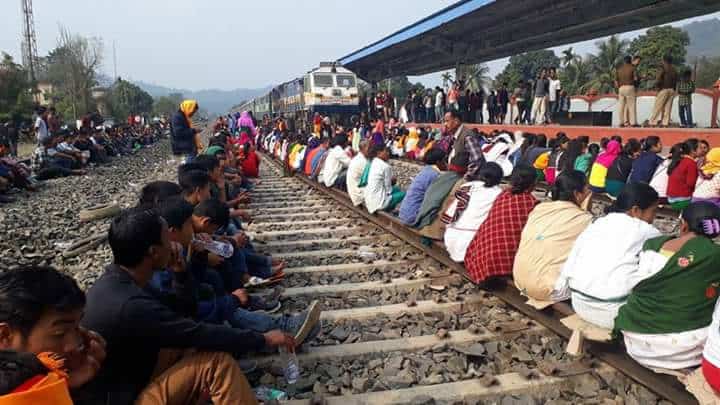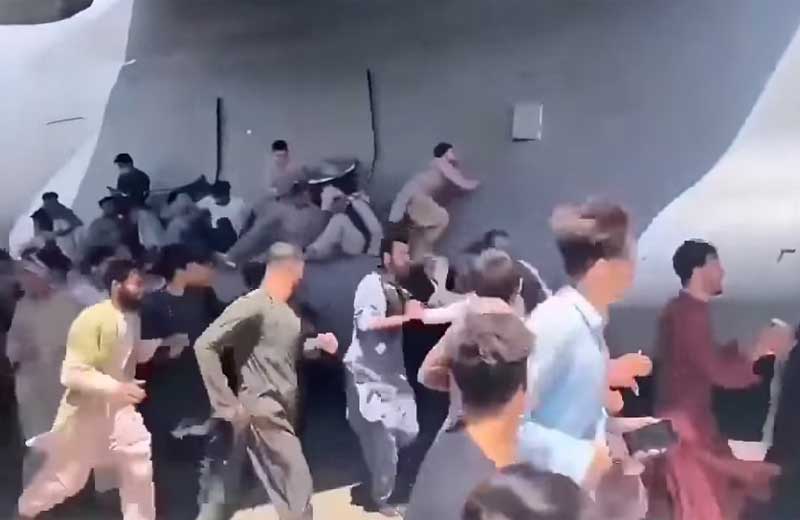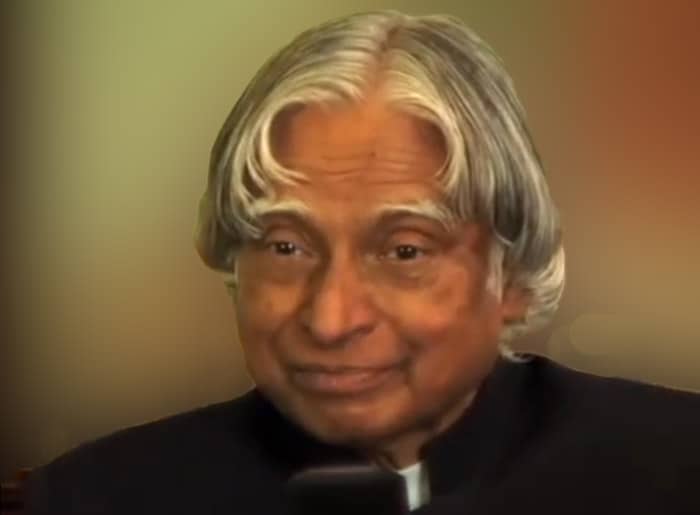By Syeda Hameed
Lahore, August 24 (Women’s Feature Service) – I crossed the border from India to Pakistan a day before the scheduled National Security Adviser (NSA) level talks in Delhi. On the flight to Amritsar (Punjab) I read the news of the impending impasse but hoped there would be a last minute rescue.
For the last two decades I have been travelling twice annually to visit family in Pakistan. These passing years have witnessed the ageing, illness, and passing away of beloved people on both sides. So I have gone back and forth, regardless of the political tempers and on-ground conditions. And yet the kind of treatment I received on both sides this time around needs to be recorded and shared with the people of both countries.
I reached Attari with one small carry-on bag and another filled with boxes of ‘kaju barfi’ from Amritsar. My ordeal began at the Indian check post. It was my sari that distinguished me from other travellers. The immigration officer began my interrogation by calling me “Madam” and speaking to me in English; he did not shoo me away, as he did most others. However, the moment he saw my passport, which contained a long term multiple entry visa, he got stuck to its pages. The visa, which was stamped on my passport, was not enough for him. He asked me if I had any paper. Fortunately, I was carrying a letter, which contained the same information as the stamped visa, on Pakistan High Commission letterhead. He demanded a photocopy that I didn’t have so he disappeared for 15 minutes to make the copy. Once he returned I went back to the counter. I was told to sit down.
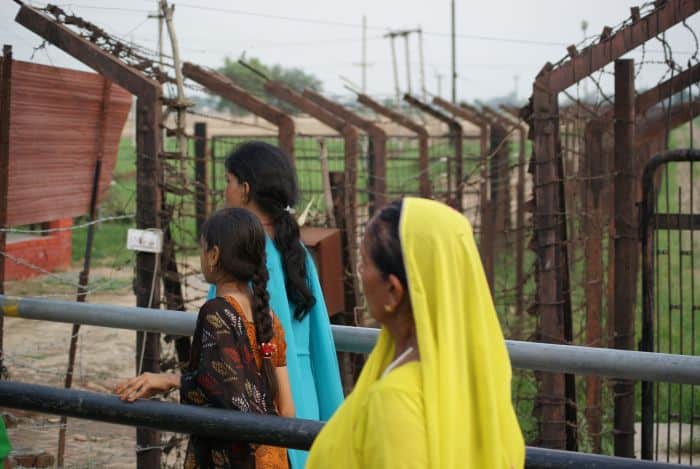
The failure of the National Security Adviser (NSA) level talks have once again escalated cross border tensions, endangering the lives of women and men along the LoC. (Credit: Jmacleantaylor CC BY-SA 3.0 via Wikimedia Commons)
From the bench I could see him poring over my passport; I had two old passports stapled to my new one and he was reading every page, very slowly. The crowds around his station grew larger; there were only two stations open. The man read my document like a doctoral dissertation. Then he came to the bench where I sat with my head in my hands. ‘May I ask why you are going? Tourism?’ he enquired. ‘Family sickness, sir. I am returning home in five days,’ I replied. He went back. More study. Finally, I was handed the passport and sent to the customs. My small bag and boxes of ‘mithai’ did not merit any scrutiny. But one person, an Intelligence Officer I guess, asked me: ‘Passport badal liya Madam. Pehle laal passport hota tha (You have changed your passport, madam. It used to be red earlier.)’ I told him: ‘Sarkar badal gayi. Yojana Ayog khatam ho gaya, passport bhi badal gaya (The government changed, the Planning Commission was disbanded and so my passport has changed, too.)
The sun was harsh when I reached the Pakistan gate, Bab-e-Aazadi. The guard at the last Indian security post again ransacked my passport for the official stamp, which mysteriously kept eluding him. That done I was on my way to the Pakistan side – with a heavy heart but also hope that there would be smoother dealing from now on. I was wrong.
Outside the door, a cigarette smoking official subjected my passport to detailed study. ‘Where is the visa form?’ he asked avoiding looking me in the face. ‘The visa is stamped on my passport. I have flagged the page for your convenience.’ I said. ‘Yes, but we need that form. Can’t let you go unless we have a copy of the visa paper that we can keep,’ he insisted. I handed him the same letter that I had given his Indian counterpart. He ordered an underling: ‘Copy kara ke la (Get a photocopy)’. No ‘bijli’ (electricity) at the check post meant photocopying was no simple task. I duly filled out a form that asked for mandatory details of my stay. Then I was asked to stand at a counter in front of a camera, where an unsmiling moustachioed worthy went through every page of my stapled passport. I stood still in front of a bandaged camera.
My family had sent someone to facilitate me; that gentleman appeared at this time. After some shaking of hands, I heard my interrogator tell him, ‘How can we let her go without the visa form? How do we know where she is going?’ I did not think it prudent to inform him of the sanctity of a stamped visa. A scan of my passport page and the slip I had signed was all that was needed. All I wanted now was a clean toilet and an exit from the hot, airless waiting room to the comfort of my waiting family in Lahore. When my receiver told the official that I was going to my uncle, a former Vizier-e-Khazana (Finance Minister), he began to trill a slightly different tune, ‘How were we to know? I am new in this post. This is our duty.’
End of all questions.
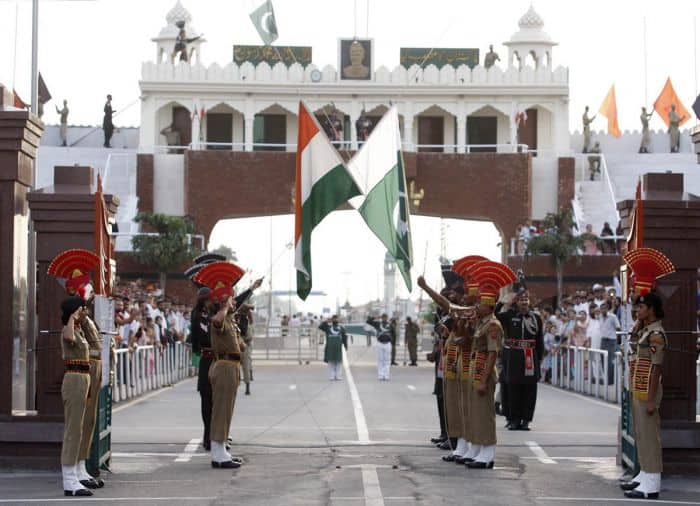
Many groups and movements have tried to find viable peaceful solutions to the tension between the two countries, and though none of them have ever fully succeeded, there is a feeling, at times, that all is not lost.
In 1947, my entire family was loaded on to buses and forced to go to the newly-born Pakistan. Women and men of that generation would have never thought that our borders would turn adamantine. They all died, longing for a handful of dirt from their ancestral Panipat, in Haryana (India), so that they could die in peace even if in an unfamiliar land. There are people in my generation, Indians, who say that they recited the last Fatiha for their living families who ‘migrated’ to the other side at the time of Partition. They forced themselves to turn away from them. I am not one of them.
I am like Prometheus, the Mythical Greek who rolled the stone up the mountain with every ounce of his strength only to see it roll down each time. I have still not given up. I have been part of many groups and movements, which have tried to open windows of understanding in the rigid walls of hate. None of these efforts have ever fully succeeded although at times there is a feeling that all is not lost.
As I write, we have hit a low ebb. The NSA level talks have been called off. Each side is blaming the other for its unreasonable, unrelenting stand. Kashmir has, as always, become the breaking point. Official spokesperson says Pakistan NSA is not welcome unless he speaks on Kashmir and terrorism and concedes that there are only two parties to the dispute. Then there is the dossier on Dawood Ibrahim to which Pakistan must respond. Islamabad is prepared to come to Delhi for a comprehensive agenda but will not tolerate India dictating all terms and conditions. The cacophony is deafening. It is loud enough to drum up ‘popular sentiment’ and drown every voice of reason.
Ghalib wrote lines that metaphorise this splutter of two cantankerous neighbours:
Baazeecha-e-atfal hai duniya mere aage
Hota hai shab-o-roz tamasha mere aage
(Before my eyes this world is a children’s garden
Night and day, this game plays out before my eyes.)
Today, if people from both sides make up their minds this tangle can be resolved once and for all, for the good of all humanity. Salman Khan and Kabir Khan’s latest film, ‘Bajrangi Bhaijan’ makes the most powerful statement about this than I have seen in any political or non-political forum. Perhaps its time to take lessons from wherever we find good sense prevailing and pressure our elected governments on both sides to find a way out. Mine is the third generation that has suffered the consequence of this post colonial geopolitics. I hope that people reject the senselessness being reflected on both sides and demand viable peaceful solutions.
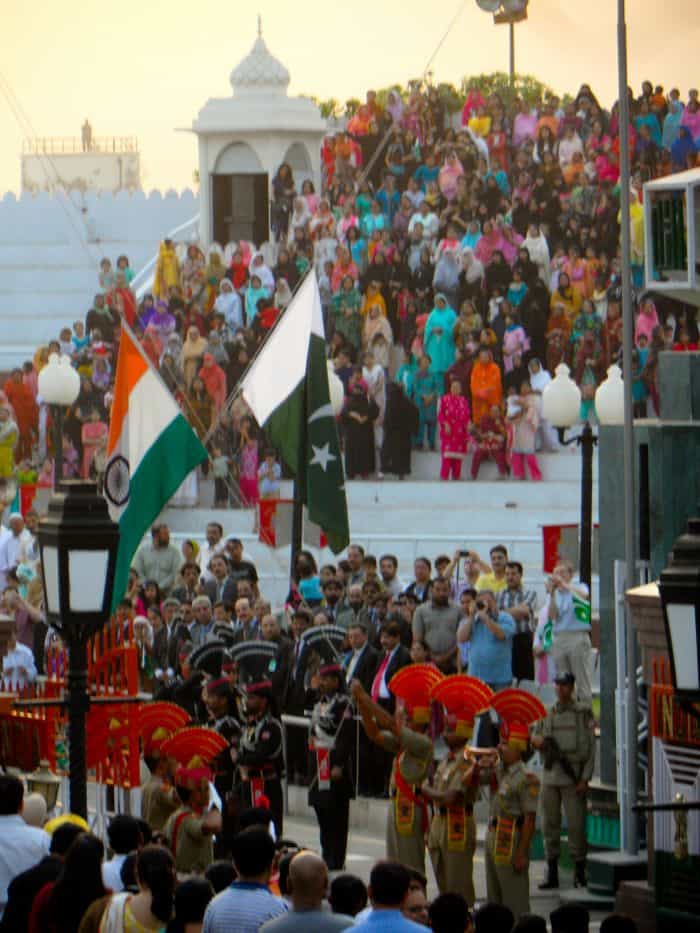
A third generation in India and Pakistan is suffering the consequences of the unreasonable and unrelenting stand being maintained by the political masters on both sides of the border. (Credit: Daniel Hauptstein – CC BY-SA 3.0 via Commons)
(© Women’s Feature Service)

